syn·site
The future of dynamic, decentralized, and immersive digital spaces.
Decentralized: syn-site operates as a decentralized metaverse, bridging physical and digital realms. This dynamic space, where reality's boundaries blur, allows seamless transitions between real-world locations and virtual environments. Reminiscent of blockchain's decentralization, syn-site encapsulates simultaneous experiences, embodying the coexistence, evolution, and interaction of diverse elements within a networked space.
Agile: syn-site embodies agility. Like a living, breathing entity, it thrives on change and evolution, much like an Agile development team. A syn-site integrates various participants, locations, and perspectives to achieve common goals, adapting and responding to shifts in environments and conditions.
Boundaryless: syn-site exemplifies a boundaryless platform, a site where traditional barriers dissolve. It evolves continuously, adapting and reshaping itself, incorporating new components, and reconfiguring existing ones. Its boundaryless nature empowers users, encouraging active participation and co-creation within this decentralized domain.
Syn-site is not just a place, it's an experience! It marries the power of blockchain technology, the adaptability of Agile methodologies, and the boundaryless nature of modern platforms. Syn-site represents the future of spatial interaction, a quantum leap in the evolution of digital spaces. Welcome to Syn-site, where every place, thought, or dream you've ever had can coexist, interact, and create new experiences. It's not just a site, it's a universe!
The future of dynamic, decentralized, and immersive digital spaces.
Decentralized: syn-site operates as a decentralized metaverse, bridging physical and digital realms. This dynamic space, where reality's boundaries blur, allows seamless transitions between real-world locations and virtual environments. Reminiscent of blockchain's decentralization, syn-site encapsulates simultaneous experiences, embodying the coexistence, evolution, and interaction of diverse elements within a networked space.
Agile: syn-site embodies agility. Like a living, breathing entity, it thrives on change and evolution, much like an Agile development team. A syn-site integrates various participants, locations, and perspectives to achieve common goals, adapting and responding to shifts in environments and conditions.
Boundaryless: syn-site exemplifies a boundaryless platform, a site where traditional barriers dissolve. It evolves continuously, adapting and reshaping itself, incorporating new components, and reconfiguring existing ones. Its boundaryless nature empowers users, encouraging active participation and co-creation within this decentralized domain.
Syn-site is not just a place, it's an experience! It marries the power of blockchain technology, the adaptability of Agile methodologies, and the boundaryless nature of modern platforms. Syn-site represents the future of spatial interaction, a quantum leap in the evolution of digital spaces. Welcome to Syn-site, where every place, thought, or dream you've ever had can coexist, interact, and create new experiences. It's not just a site, it's a universe!
SYN (along with, at the same time | from Greek SYN, with | ~SYNTHETIC) + SITE (N: point of event, occupied space, internet address; V: to place in position | from Latin SITUS, location, idleness, forgetfulness | ~WEBSITE ¬cite ¬sight), cf. SITE/NON-SITE (from Robert Smithson, A PROVISIONAL THEORY OF NONSITES, 1968)
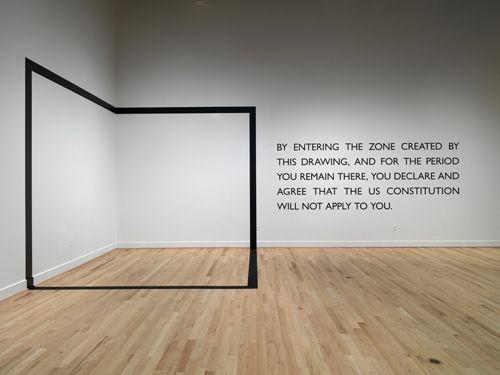


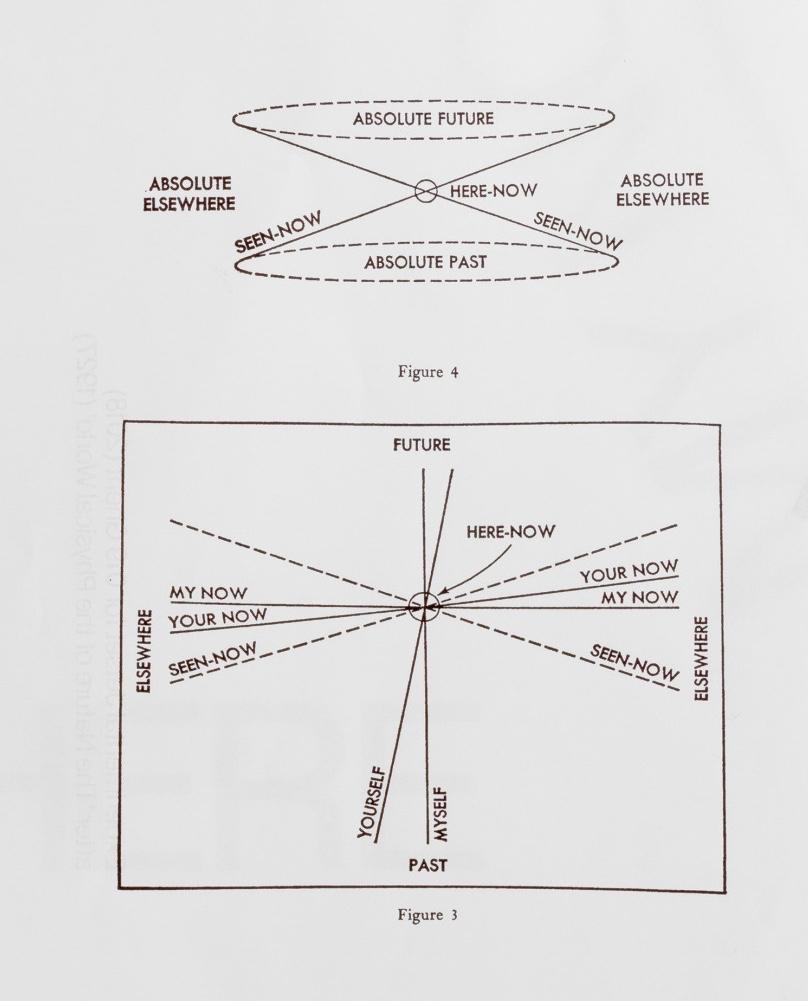


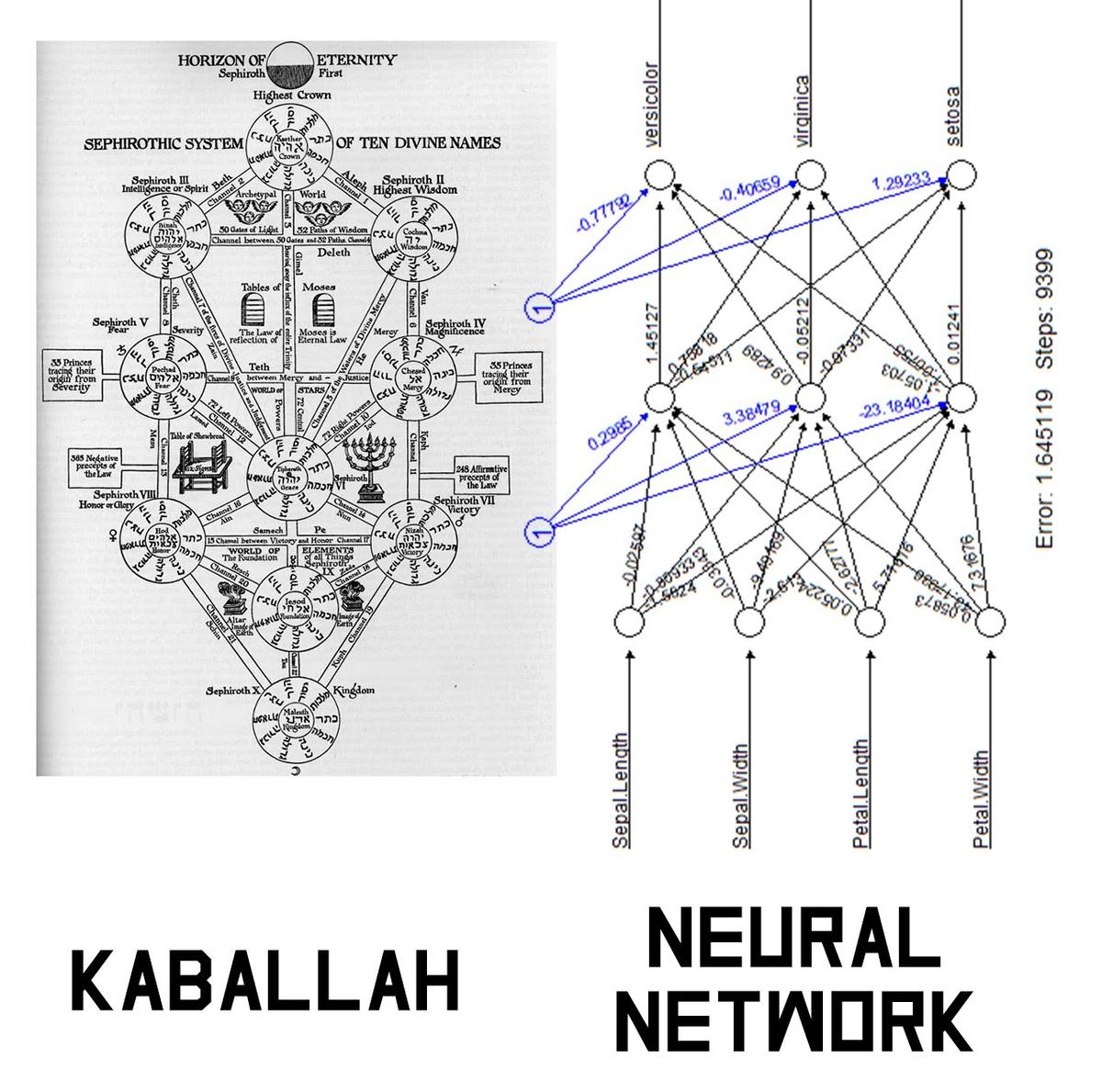





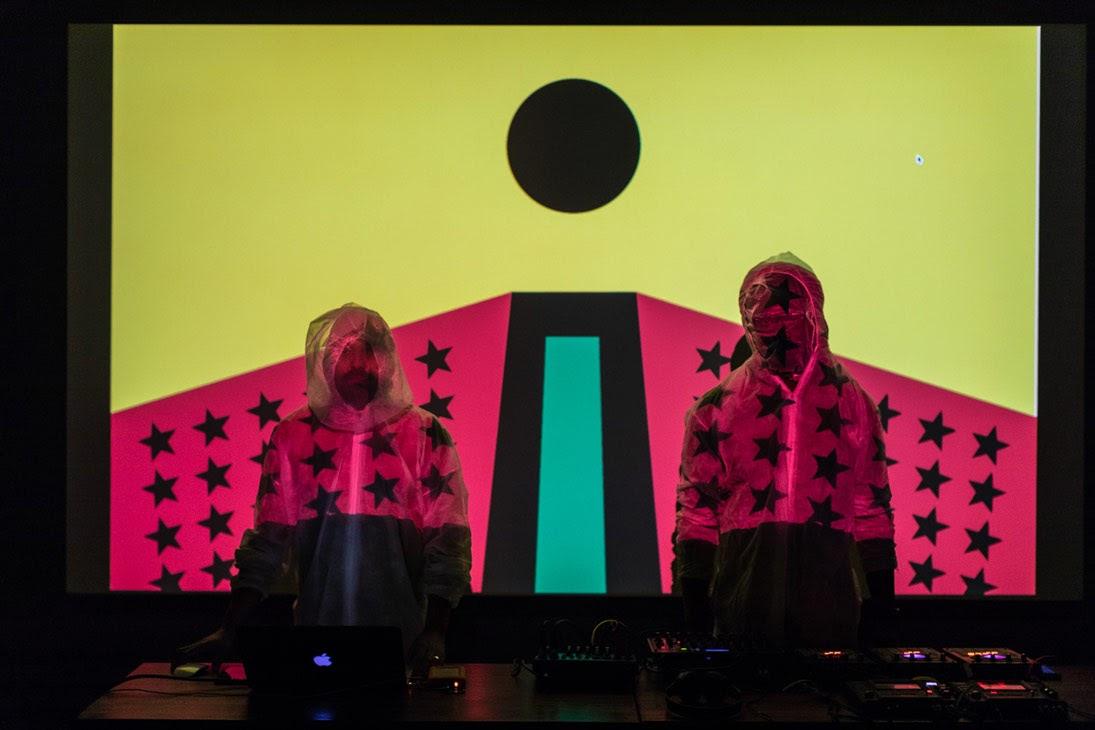


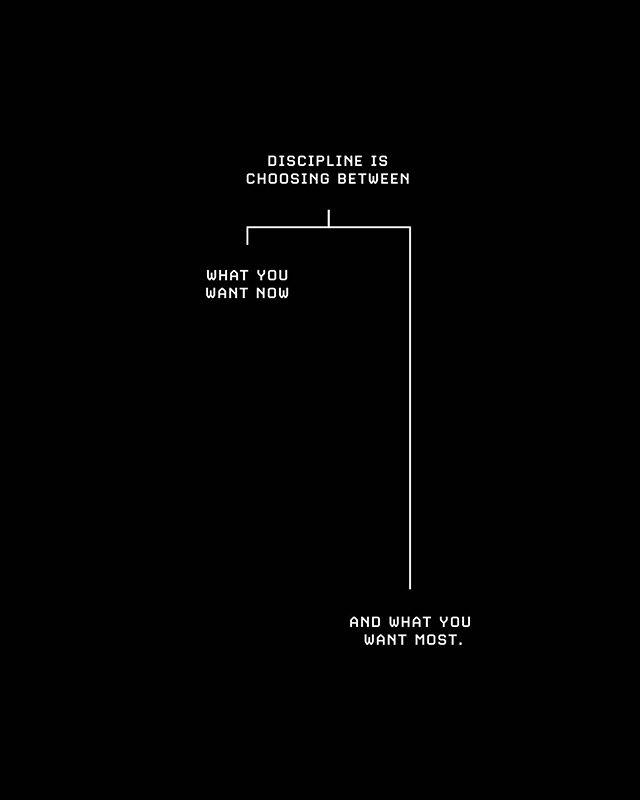


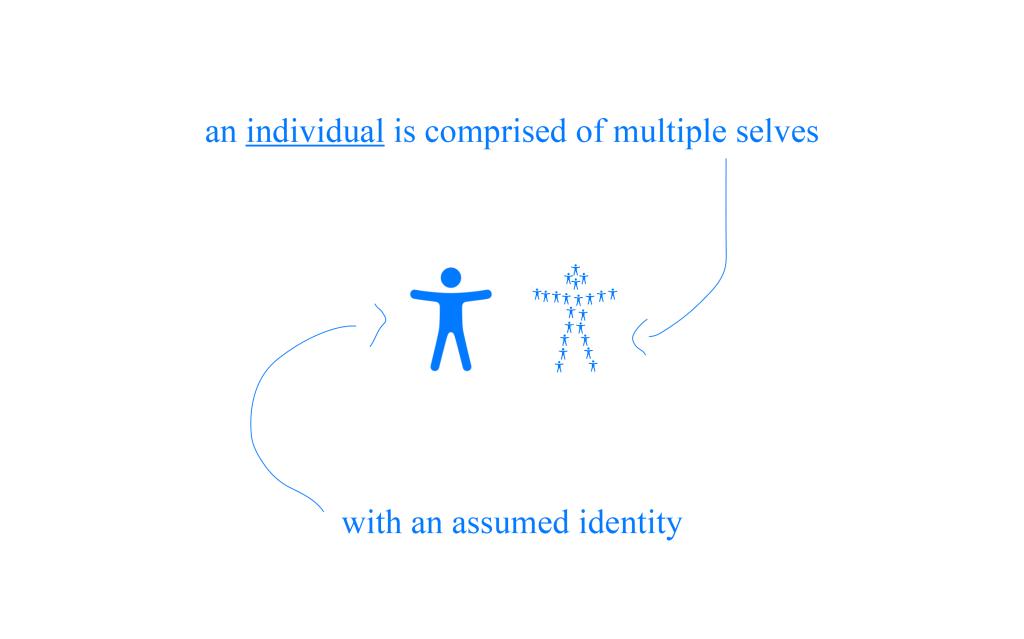








“Glitch” is conjectured as finding its etymological roots in the Yiddish glitch (“slippery area”) or perhaps German glitschen (“to slip, slide”); it is this slip and slide that the glitch makes plausible, a swim in the liminal, a trans-formation, across selfdoms.
“Glitch” is conjectured as finding its etymological roots in the Yiddish glitch (“slippery area”) or perhaps German glitschen (“to slip, slide”); it is this slip and slide that the glitch makes plausible, a swim in the liminal, a trans-formation, across selfdoms.
“Glitch” is conjectured as finding its etymological roots in the Yiddish glitch (“slippery area”) or perhaps German glitschen (“to slip, slide”); it is this slip and slide that the glitch makes plausible, a swim in the liminal, a trans-formation, across selfdoms.
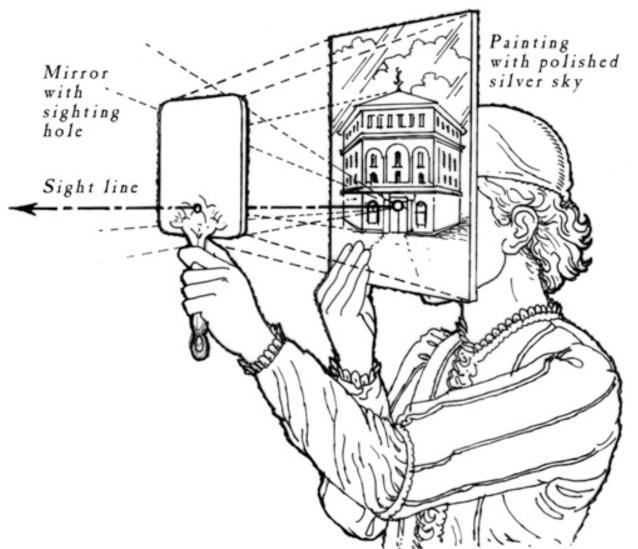


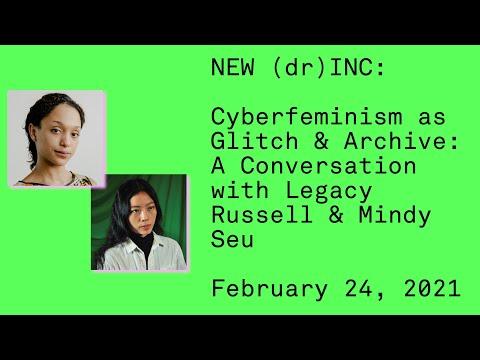


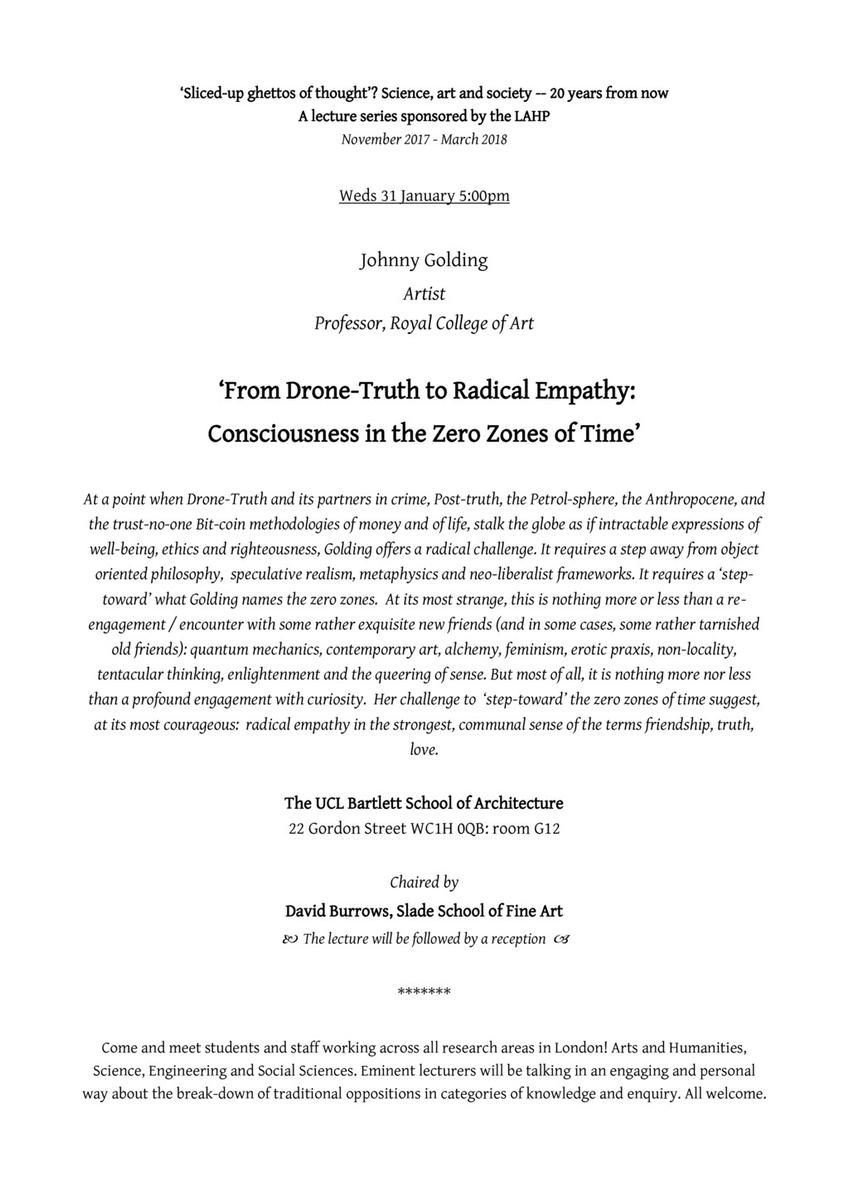


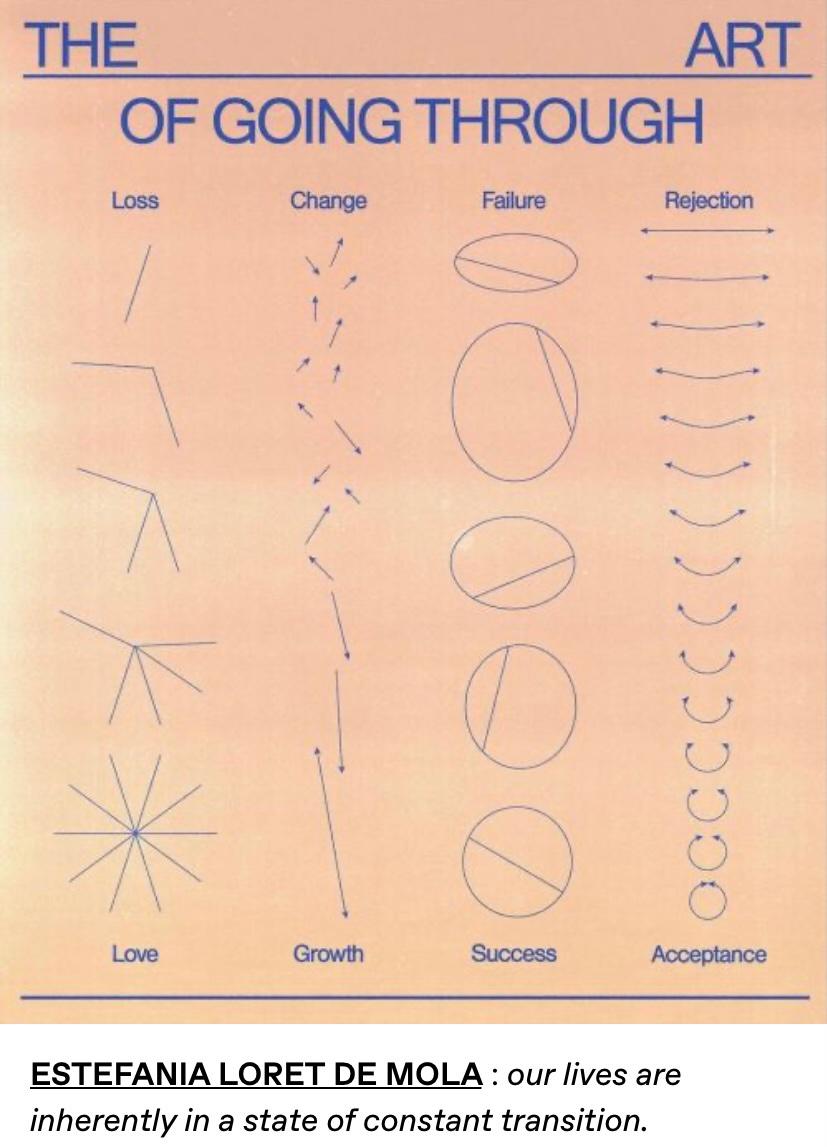





With this in mind, I propose the turning of a new radicality, coining the term “Glitch Feminism” to make use of here in these pages for the first time, by my hand, which on this journey has found its home both on the keys and between my legs, equally.
[...]
This glitch I speak of here calls for a breaking from the hegemony of a “structured system” infused with the pomp and circumstance of patriarchy, one that for all too long has marginalized female-identified bodies, and continues to offend our sensibilities by giving us only a piece of the pie and assuming our satisfaction. We want to claim for ourselves permanent seats at the table, an empowered means of demarcating space that can be possessed by us in entirety, a veritable “room of [our] own” that, despite the strides made via feminist political action, has yet to truly belong to us.
With this in mind, I propose the turning of a new radicality, coining the term “Glitch Feminism” to make use of here in these pages for the first time, by my hand, which on this journey has found its home both on the keys and between my legs, equally.
[...]
This glitch I speak of here calls for a breaking from the hegemony of a “structured system” infused with the pomp and circumstance of patriarchy, one that for all too long has marginalized female-identified bodies, and continues to offend our sensibilities by giving us only a piece of the pie and assuming our satisfaction. We want to claim for ourselves permanent seats at the table, an empowered means of demarcating space that can be possessed by us in entirety, a veritable “room of [our] own” that, despite the strides made via feminist political action, has yet to truly belong to us.
With this in mind, I propose the turning of a new radicality, coining the term “Glitch Feminism” to make use of here in these pages for the first time, by my hand, which on this journey has found its home both on the keys and between my legs, equally.
[...]
This glitch I speak of here calls for a breaking from the hegemony of a “structured system” infused with the pomp and circumstance of patriarchy, one that for all too long has marginalized female-identified bodies, and continues to offend our sensibilities by giving us only a piece of the pie and assuming our satisfaction. We want to claim for ourselves permanent seats at the table, an empowered means of demarcating space that can be possessed by us in entirety, a veritable “room of [our] own” that, despite the strides made via feminist political action, has yet to truly belong to us.
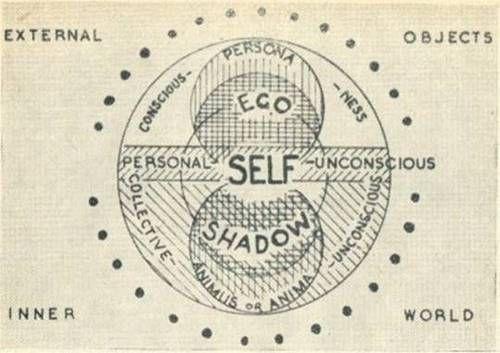


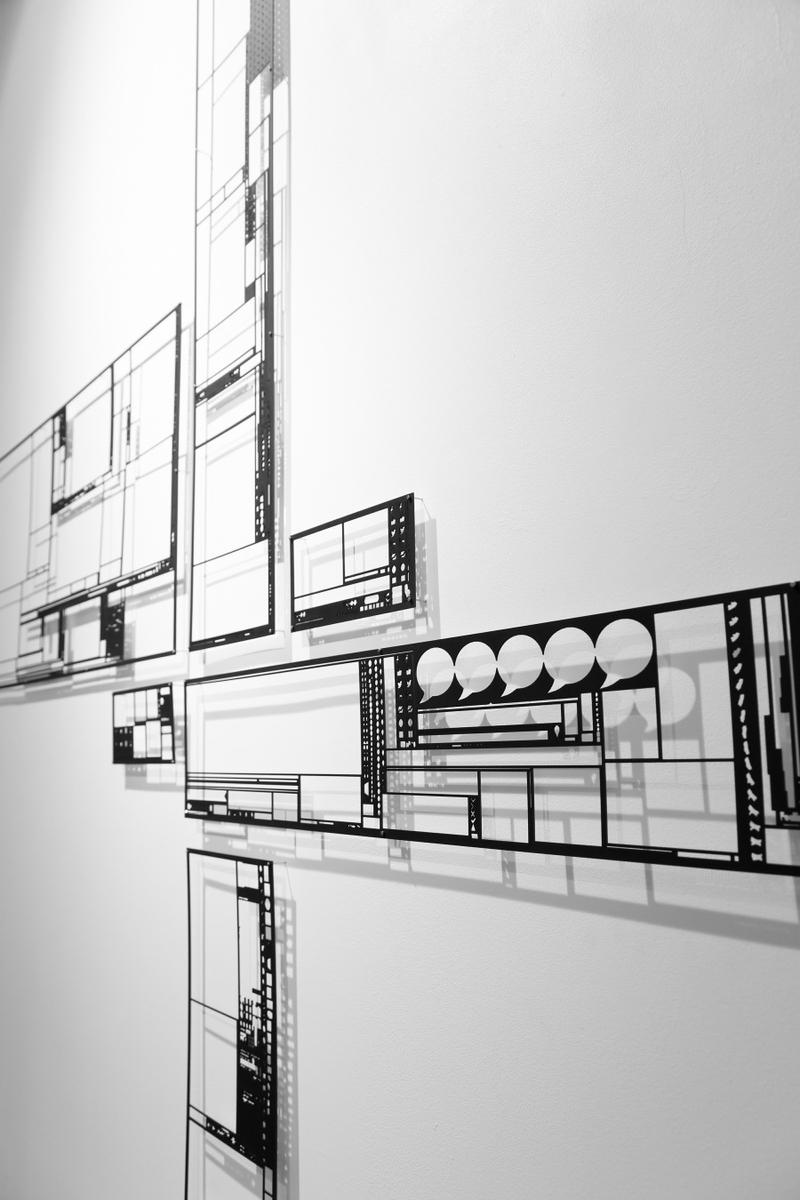


Experiencing technology as a kind — but only one kind — of revealing, and seeing man’s essential place as one that is open to different kinds of revealing frees us from “the stultified compulsion to push on blindly with technology or, what comes to the same, to rebel helplessly against it and curse it as the work of the devil.”
Experiencing technology as a kind — but only one kind — of revealing, and seeing man’s essential place as one that is open to different kinds of revealing frees us from “the stultified compulsion to push on blindly with technology or, what comes to the same, to rebel helplessly against it and curse it as the work of the devil.”
Experiencing technology as a kind — but only one kind — of revealing, and seeing man’s essential place as one that is open to different kinds of revealing frees us from “the stultified compulsion to push on blindly with technology or, what comes to the same, to rebel helplessly against it and curse it as the work of the devil.”



As bodies, we are an extended narrative, eternal in our geographies, imbued with unexpected fissures that cause us to re-present ourselves, and, in doing so, see ourselves again, in new lights and explorations. However capable we are of tectonic shifts, we remain, still, unmistakably continuous.
As bodies, we are an extended narrative, eternal in our geographies, imbued with unexpected fissures that cause us to re-present ourselves, and, in doing so, see ourselves again, in new lights and explorations. However capable we are of tectonic shifts, we remain, still, unmistakably continuous.
As bodies, we are an extended narrative, eternal in our geographies, imbued with unexpected fissures that cause us to re-present ourselves, and, in doing so, see ourselves again, in new lights and explorations. However capable we are of tectonic shifts, we remain, still, unmistakably continuous.



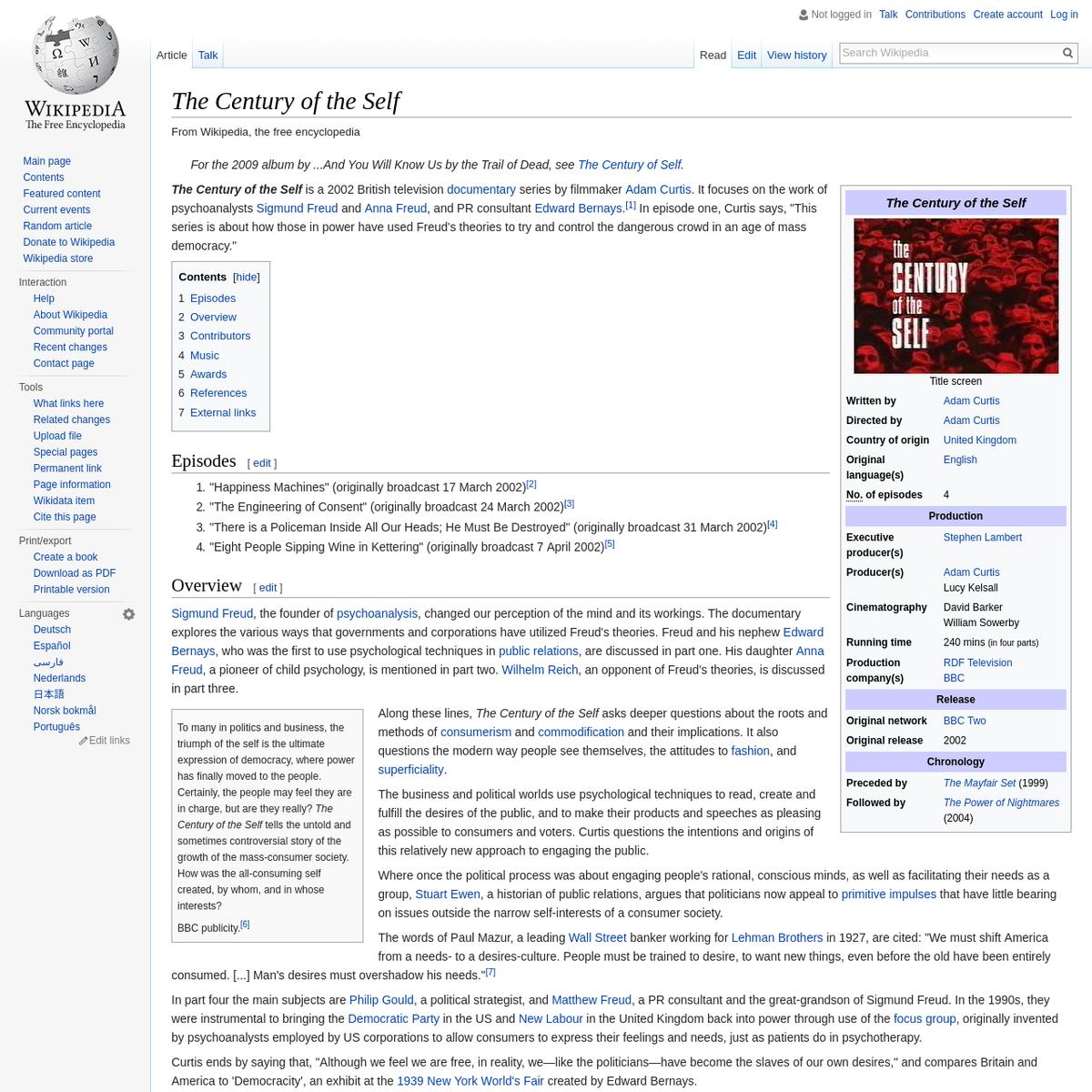


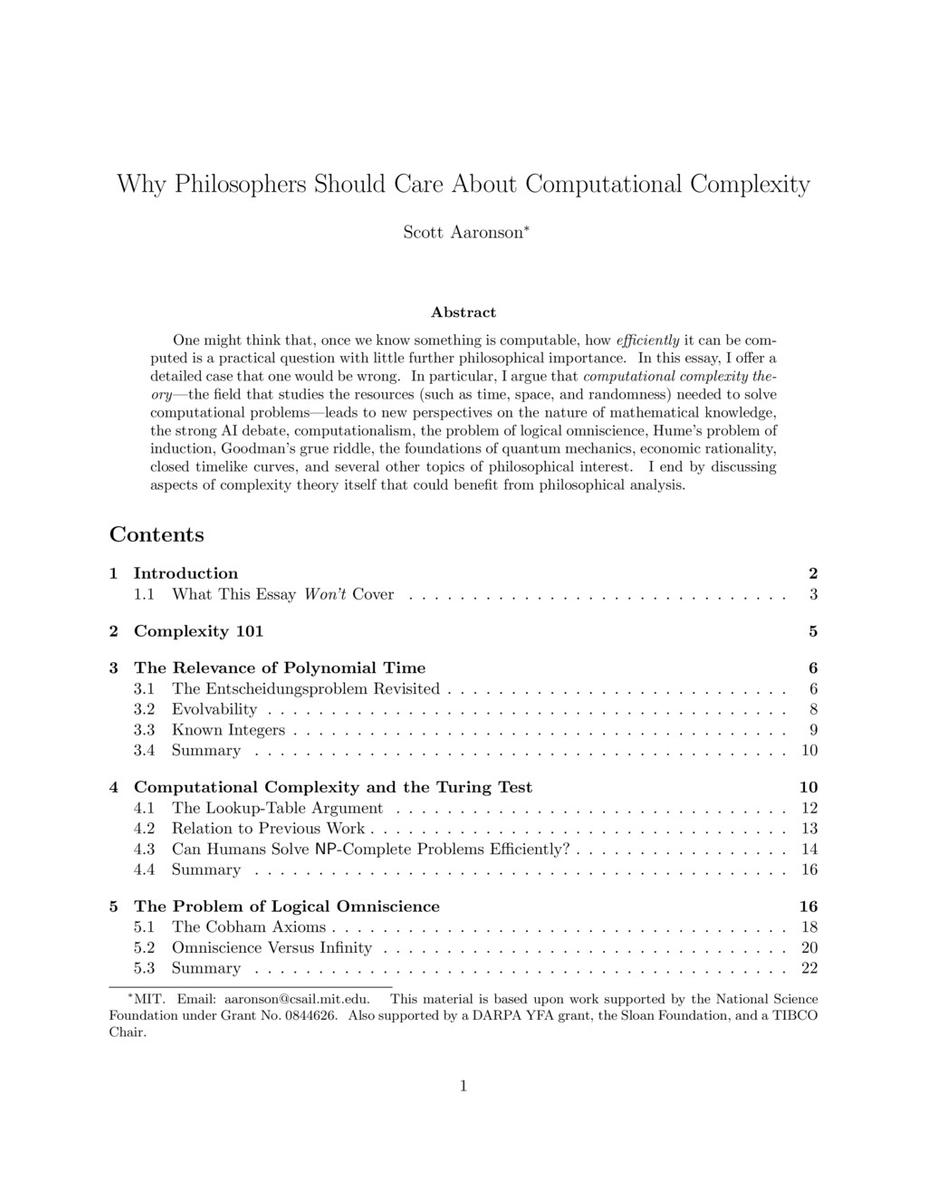


Feeling far away from what we want tells us one of two things about our work: that we are at the beginning or that we have forgotten where we are going.
Feeling far away from what we want tells us one of two things about our work: that we are at the beginning or that we have forgotten where we are going.
Feeling far away from what we want tells us one of two things about our work: that we are at the beginning or that we have forgotten where we are going.